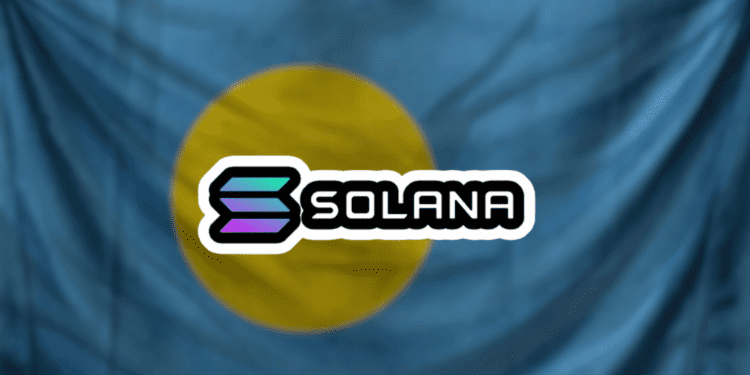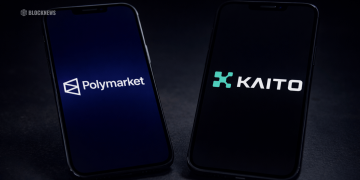- Palau has partnered with RNS.ID to launch a digital residency program on the Solana blockchain, allowing individuals to extend their visas and access restricted crypto exchanges.
- The program implements a thorough vetting process for applicants, including anti-money laundering checks and identity verification, to maintain its integrity.
- As of mid-June, the program has issued over 7,338 digital residencies, generating substantial revenue, indicating a high market demand for blockchain-based digital identity solutions.
The Pacific island nation of Palau has embarked on an innovative blockchain initiative by partnering with RNS.ID to offer digital residency cards on the Solana blockchain. This collaboration provides new opportunities for global cryptocurrency adoption and recognition of decentralized digital identities.
Program Overview
The RNS.ID platform allows users to purchase Palau digital residence cards starting at $248. These blockchain-based residencies enable tourists to extend their visas for up to 180 days. They also grant anonymity for accessing cryptocurrency exchanges prohibited in some countries.
Solana’s scalability and low-cost transactions are ideal for handling the identity verification and data storage required for the residency cards. The blockchain’s features ensure the digital IDs are secure and resistant to fraud.
Vetting Process
Despite risks of abuse, Palau has implemented a rigorous vetting process including anti-money laundering checks and identity verification. This protects the program’s integrity while complying with international standards.
Market Demand
The program has seen surging demand, with over 7,338 digital residencies issued as of mid-June. This growth demonstrates high interest in decentralized identity solutions.
Conclusion
By issuing legal residency cards on the Solana blockchain, Palau has paved the way for other nations to follow suit. The collaboration with RNS.ID represents a milestone for blockchain-based digitalization of identity and citizenship.














